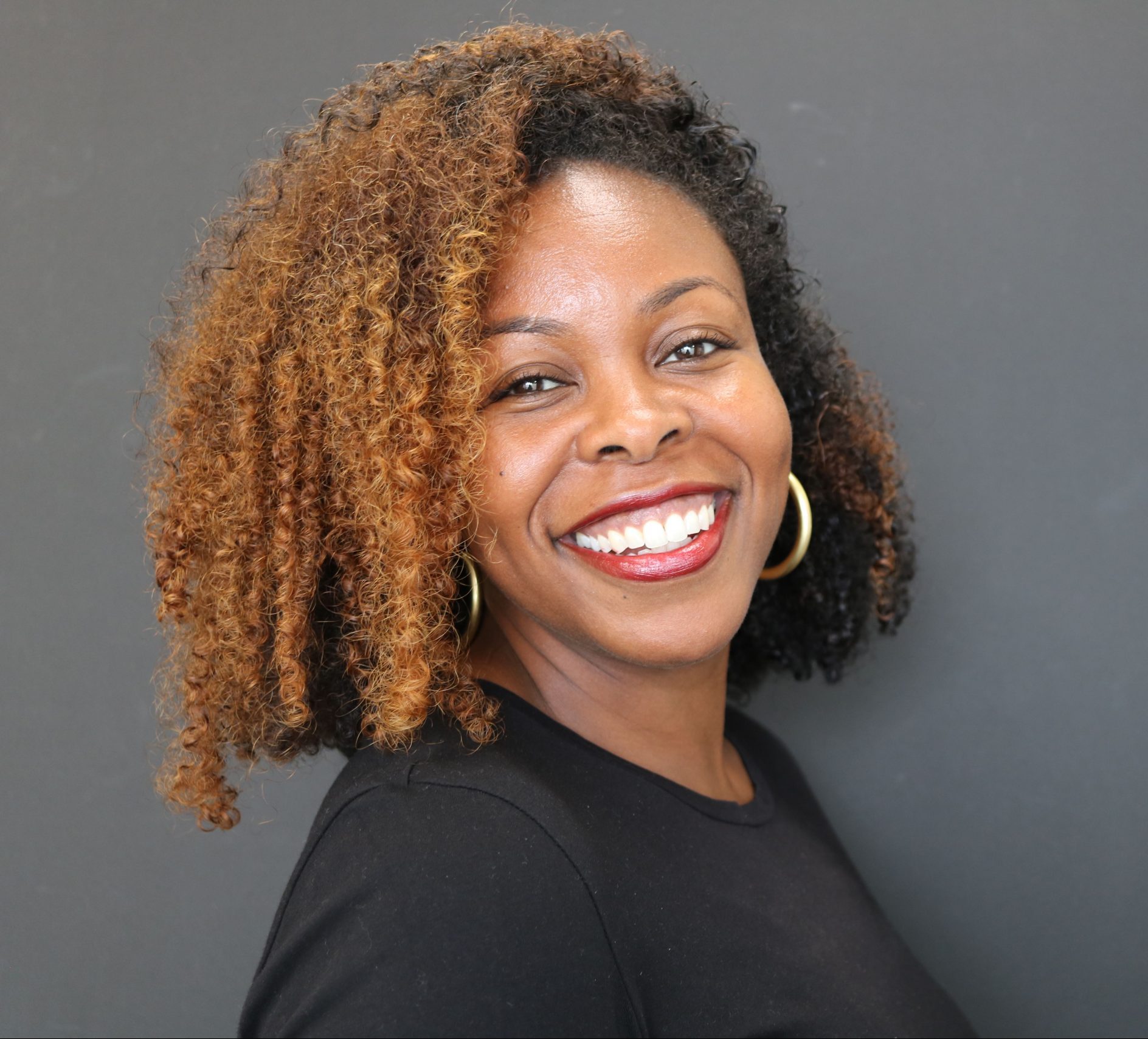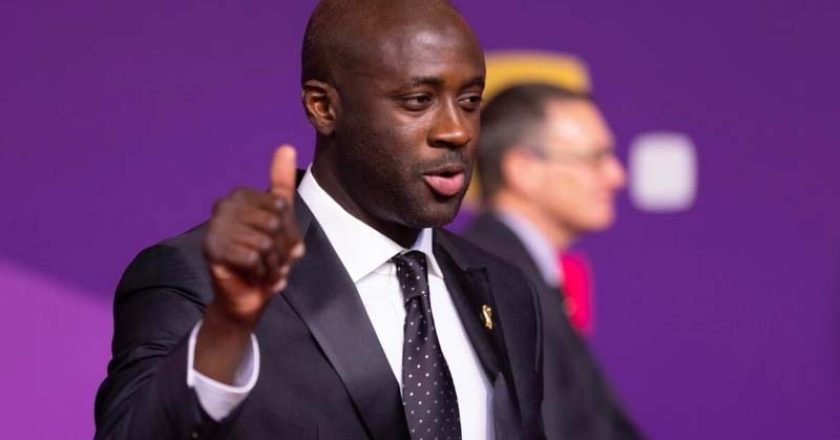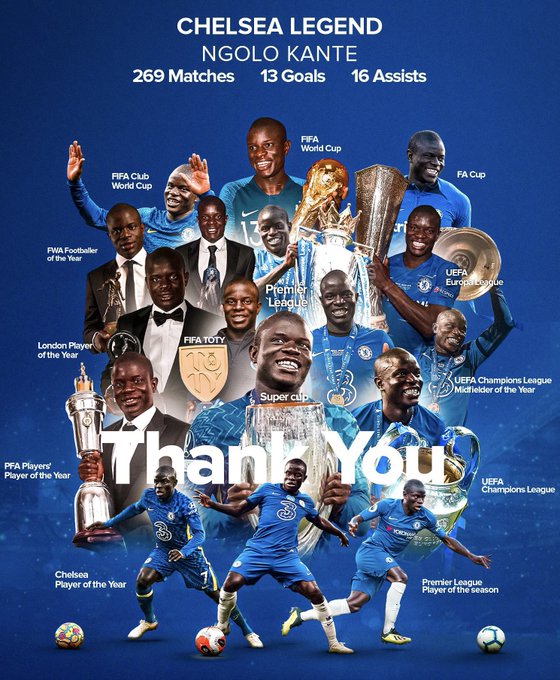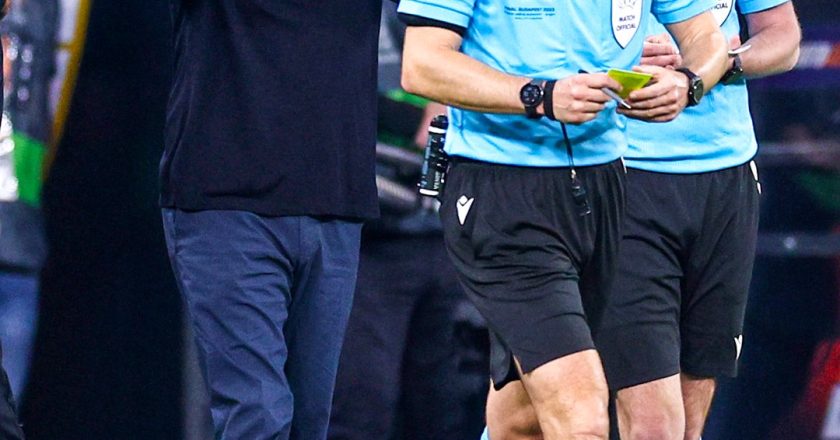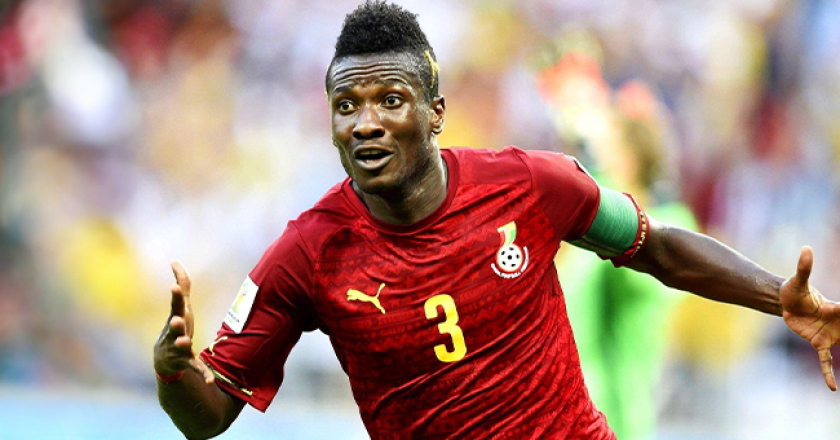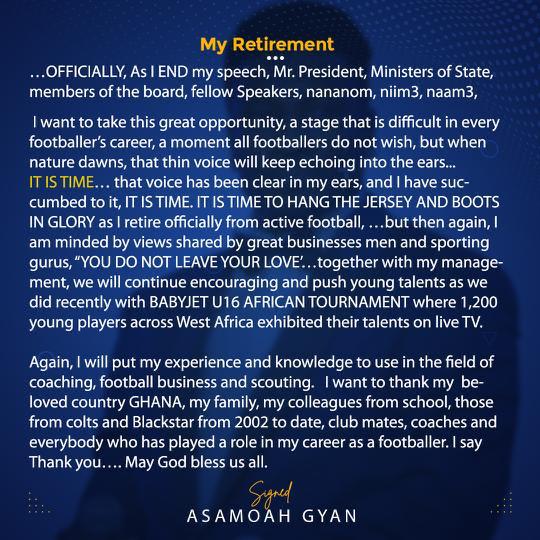Nigerian forward, Ademola Lookman, Nigerian senior women goalkeeper, Chiamaka Nnadozie the Nigerian forward won awards at the Confederation of African Football (CAF) awards. While Lookman, who plays for Atalanta in Italy’s Serie A, was named the 2024 African Footballer of the Year by the football body, the Paris FC and Super Falcons goalkeeper was crowned the Women’s Goalkeeper of the Year in a ceremony held in Marrakesh, Morocco.
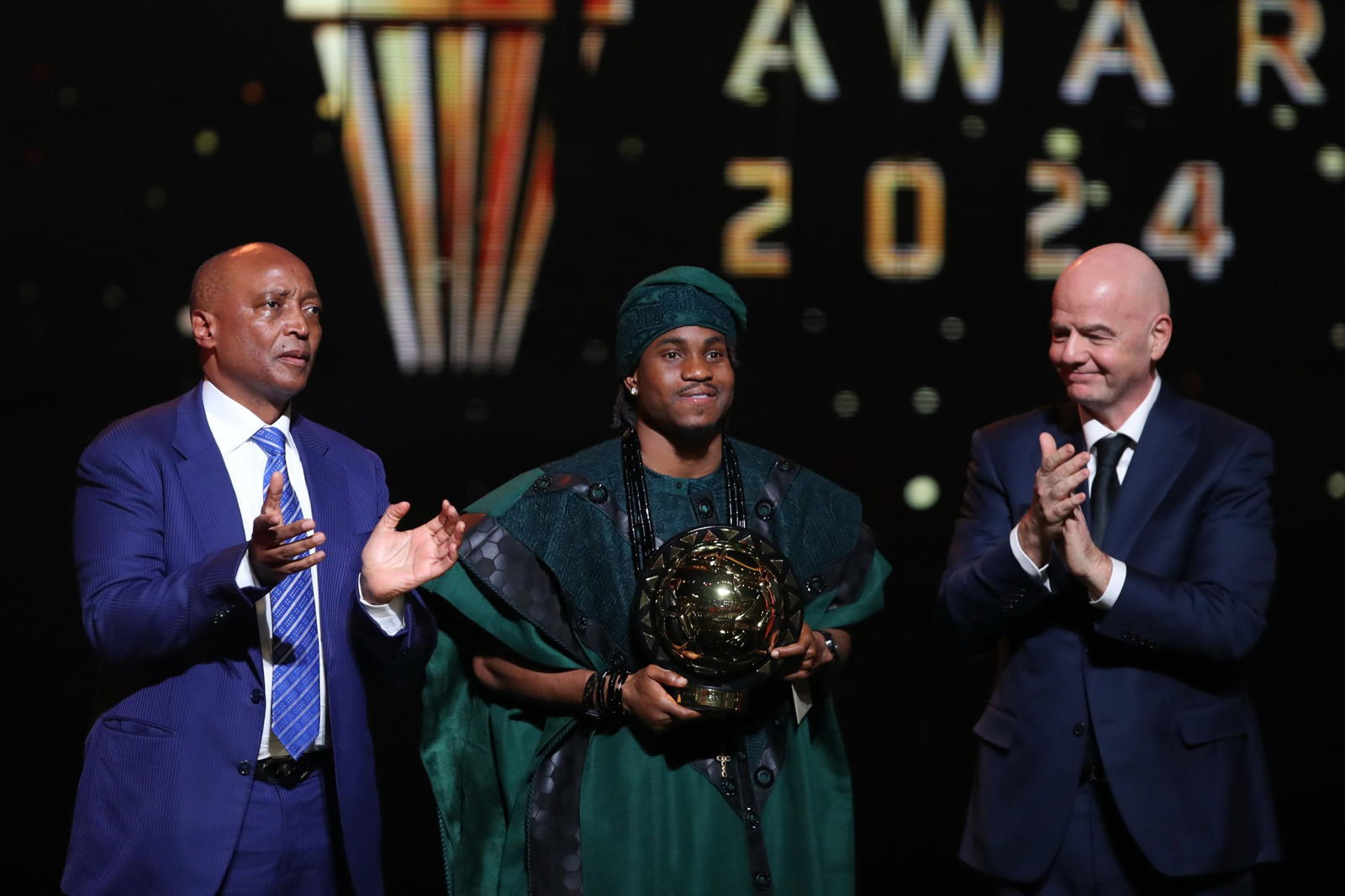
He is also the sixth Nigerian men’s player to win this historic award. Previous winners include Rashidi Yekini (1993), Emmanuel Amunike (1994), Nwankwo Kanu (1996 & 1999), Victor Ikpeba (1997), Victor Osimhen (2023).
“I am incredibly grateful and honored to receive this award. It is truly humbling and I want to express my heartfelt thanks to the organizers and also everyone involved. Your encouragement and support has been instrumental in my success.” She wrote on her official twitter page.

Full list of winners:
CAF PLAYER OF THE YEAR (MEN)
Ademola Lookman (Nigeria / Atalanta)
CAF PLAYER OF THE YEAR (WOMEN)
Barbra Banda (Zambia / Orlando Pride)
CAF GOALKEEPER OF THE YEAR (MEN)
Ronwen Williams (South Africa / Mamelodi Sundowns)
CAF GOALKEEPER OF THE YEAR (WOMEN)
Chiamaka Nnadozie (Nigeria / Paris FC)
CAF INTERCLUB PLAYER OF THE YEAR (MEN)
Ronwen Williams (South Africa / Mamelodi Sundowns)
CAF INTERCLUB PLAYER OF THE YEAR (WOMEN)
Sanaâ Mssoudy (Morocco / AS FAR)
CAF YOUNG PLAYER OF THE YEAR (MEN)
Lamine Camara (Senegal / AS Monaco)
CAF YOUNG PLAYER OF THE YEAR (WOMEN)
Doha El Madani (Morocco / AS FAR)
CAF COACH OF THE YEAR (MEN)
Emerse Fae (Cote d’Ivoire)
CAF COACH OF THE YEAR (WOMEN)
Lamia Boumehdi (TP Mazembe)
CAF NATIONAL TEAM OF THE YEAR (MEN)
Cote d’Ivoire
CAF NATIONAL TEAM OF THE YEAR (WOMEN)
Nigeria
CAF CLUB OF THE YEAR (MEN)
Al Ahly (Egypt)
CAF CLUB OF THE YEAR (WOMEN)
TP Mazembe (DR Congo)
CAF REFEREE OF THE YEAR (MEN)
Mutaz Ibrahim (Libya)
CAF REFEREE OF THE YEAR (WOMEN)
Bouchra Karboubi (Morocco)
CAF ASSISTANT REFEREE OF THE YEAR (MEN)
Elvis Guy Noupue Nguegoue (Cameroon)
CAF ASSISTANT REFEREE OF THE YEAR (WOMEN)
Diana Chikotesha (Zambia)
CAF GOAL OF THE YEAR
Mabululu (Angola)
Men’s FIFPRO CAF Best XI
Andre Onana (GK): Achraf Hakimi, Kalidou Koulibaly, Chancel Mbemba — Mohammed Kudus, Sofyan Amrabat, Franck Kessie, Yves Bissouma — Mohamed Salah, Victor Osimhen, Ademola Lookman.
Women’s FIFPRO CAF Best XI
Andile Dlamini (GK): Michelle Alozie, Karabo Dhlamini, Osinachi Ohale — Lebohang Ramalepe, Linda Motlhalo, Rasheedat Ajibade, Ghizlane Chebbak — Barbra Banda, Asisat Oshoala, Tabitha Chawinga.
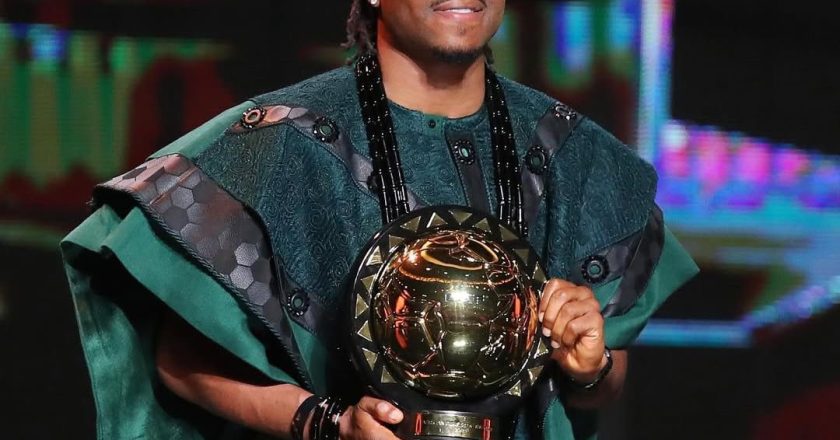


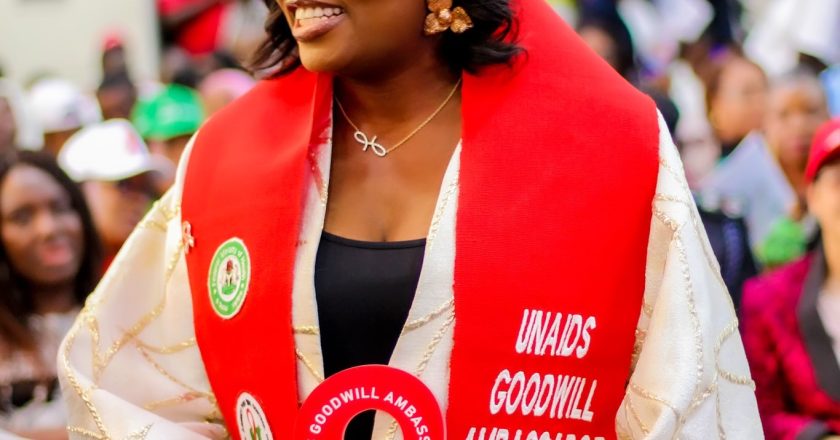
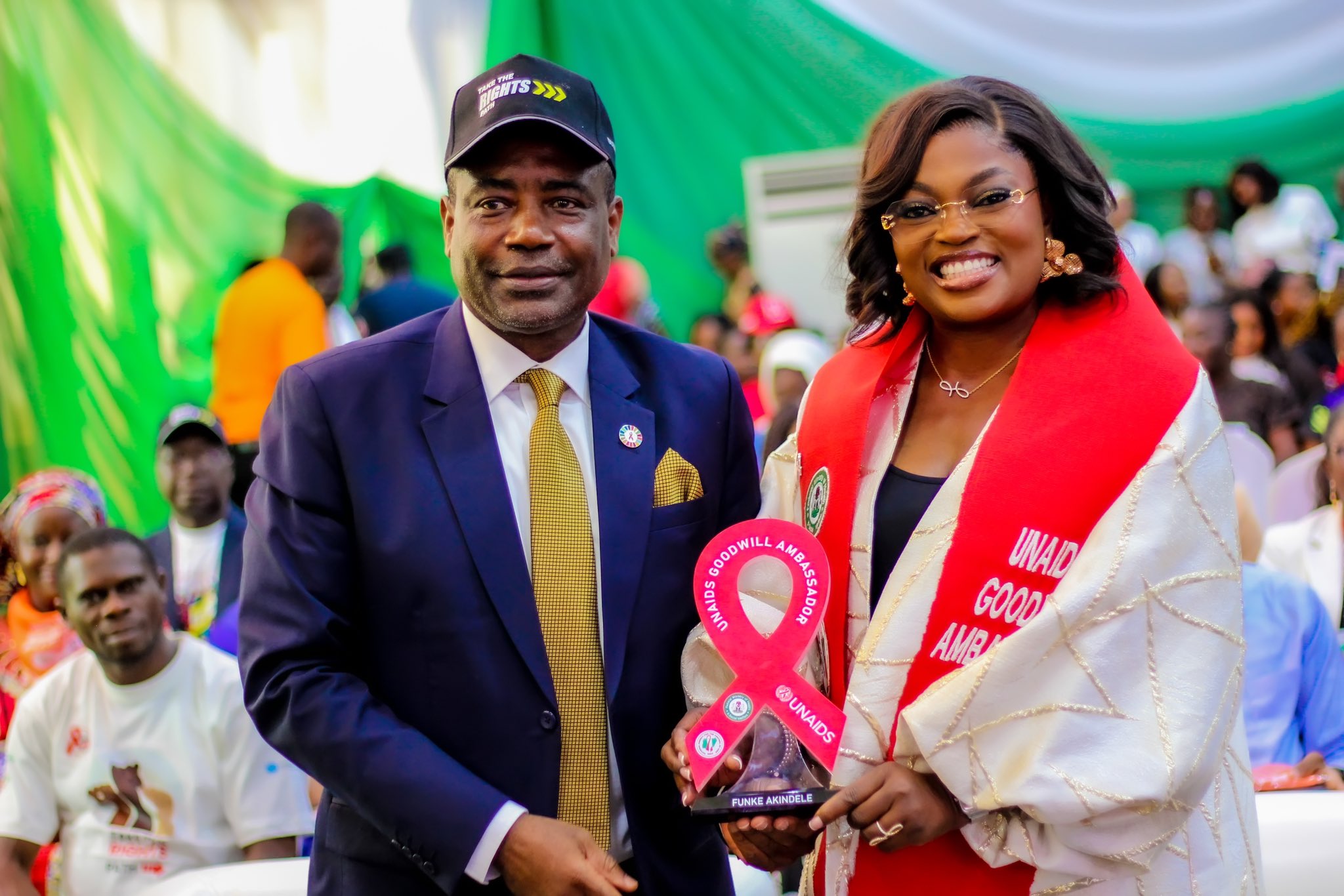
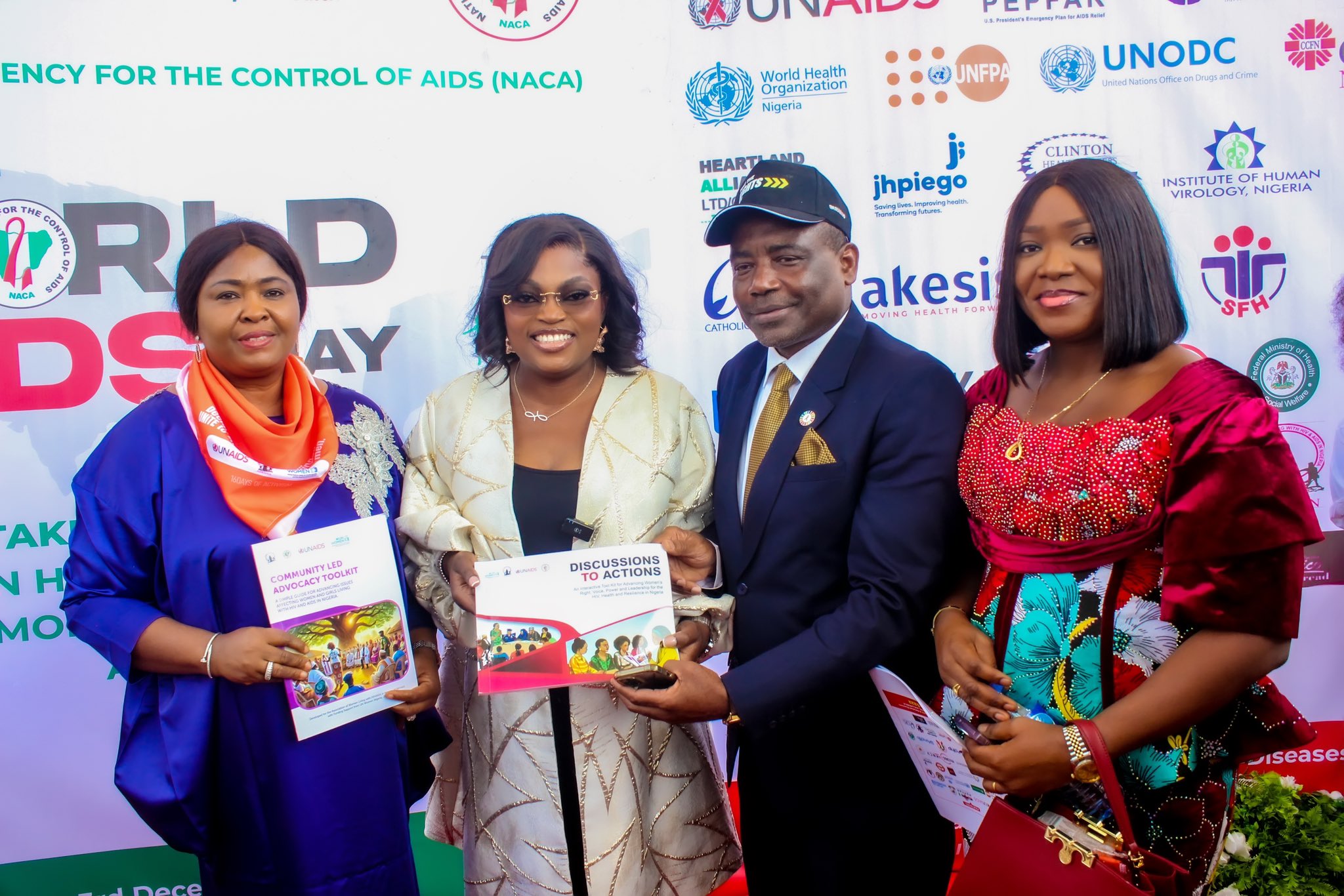
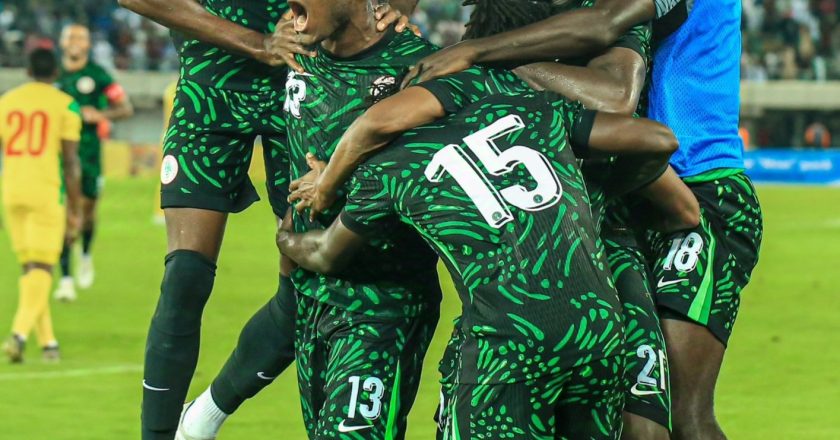
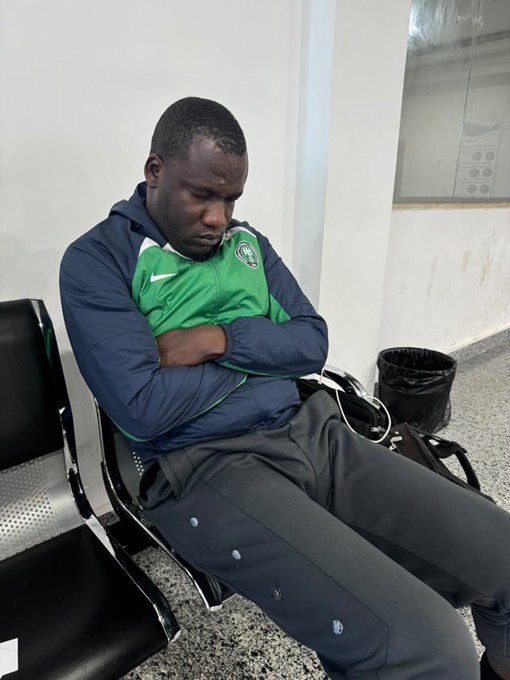
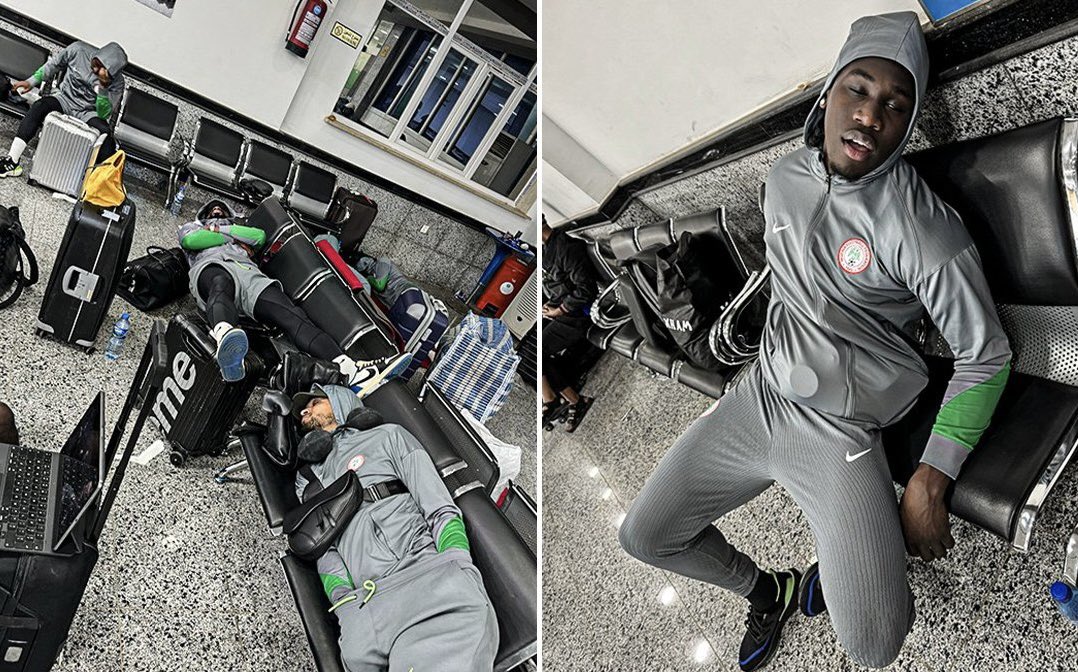
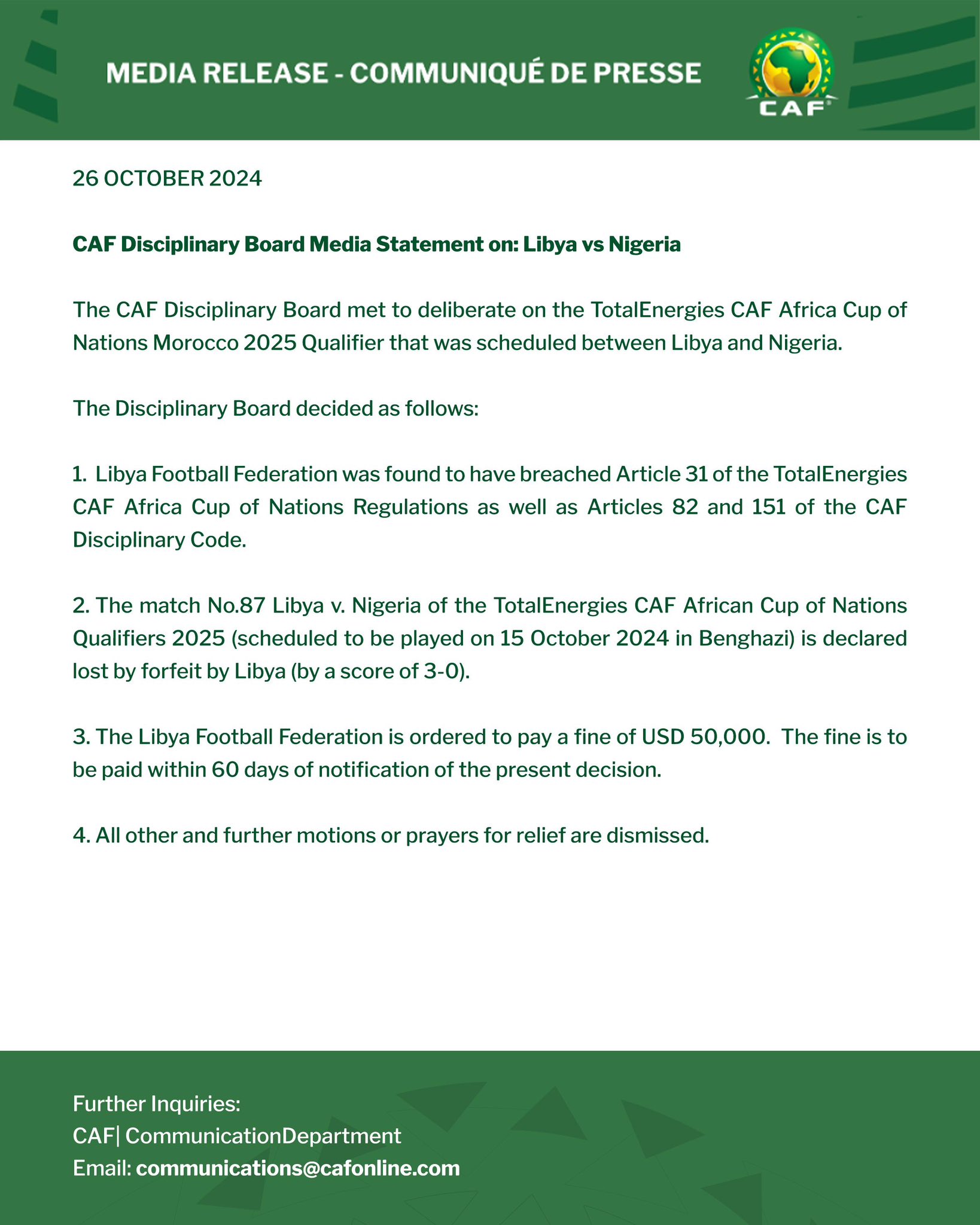
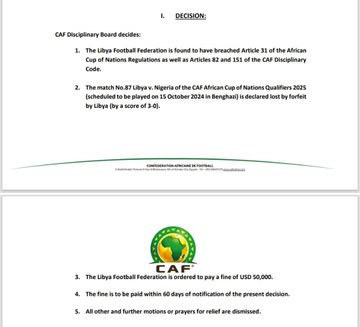
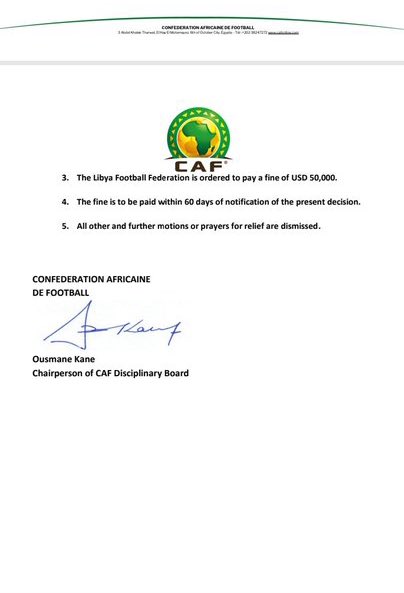
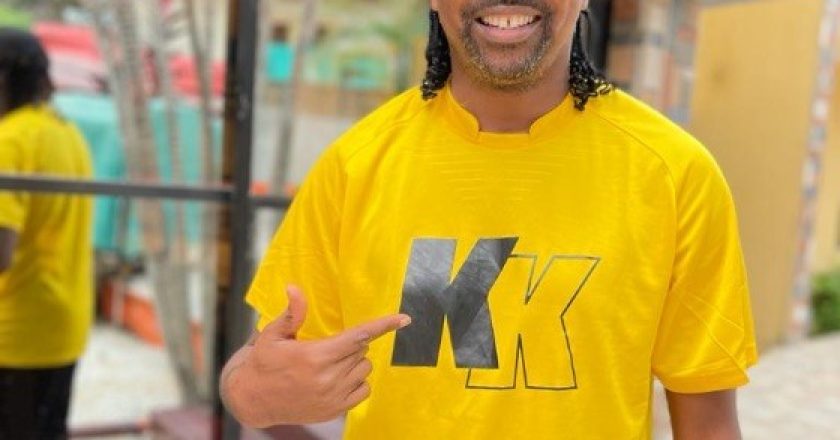


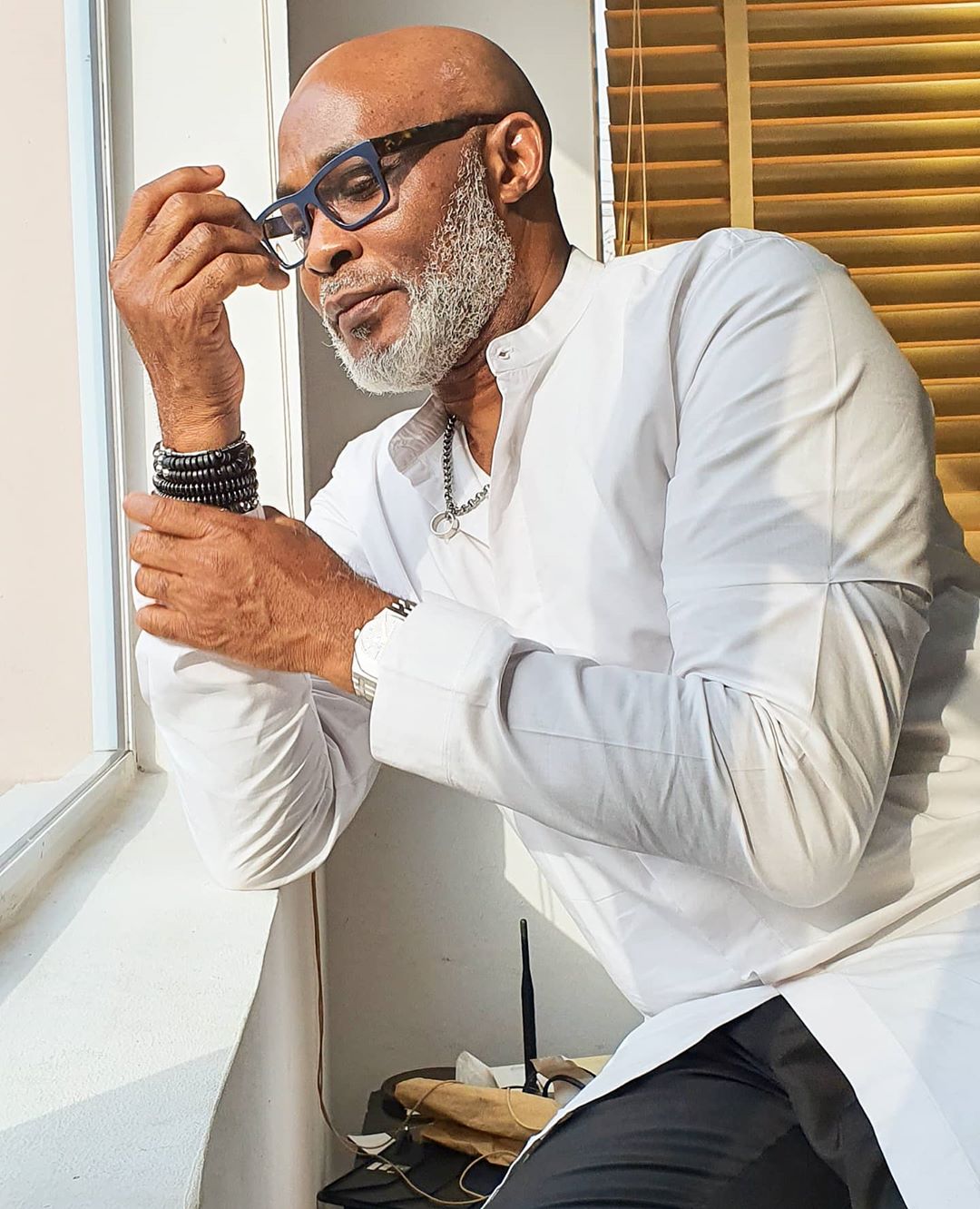 “The Academy is proud to welcome these artists and professionals into our membership. They represent extraordinary global talent across cinematic disciplines, and have made a vital impact on the arts and sciences of motion pictures and on movie fans worldwide,” said Academy CEO Bill Kramer and Academy President Janet Yang.
“The Academy is proud to welcome these artists and professionals into our membership. They represent extraordinary global talent across cinematic disciplines, and have made a vital impact on the arts and sciences of motion pictures and on movie fans worldwide,” said Academy CEO Bill Kramer and Academy President Janet Yang.

